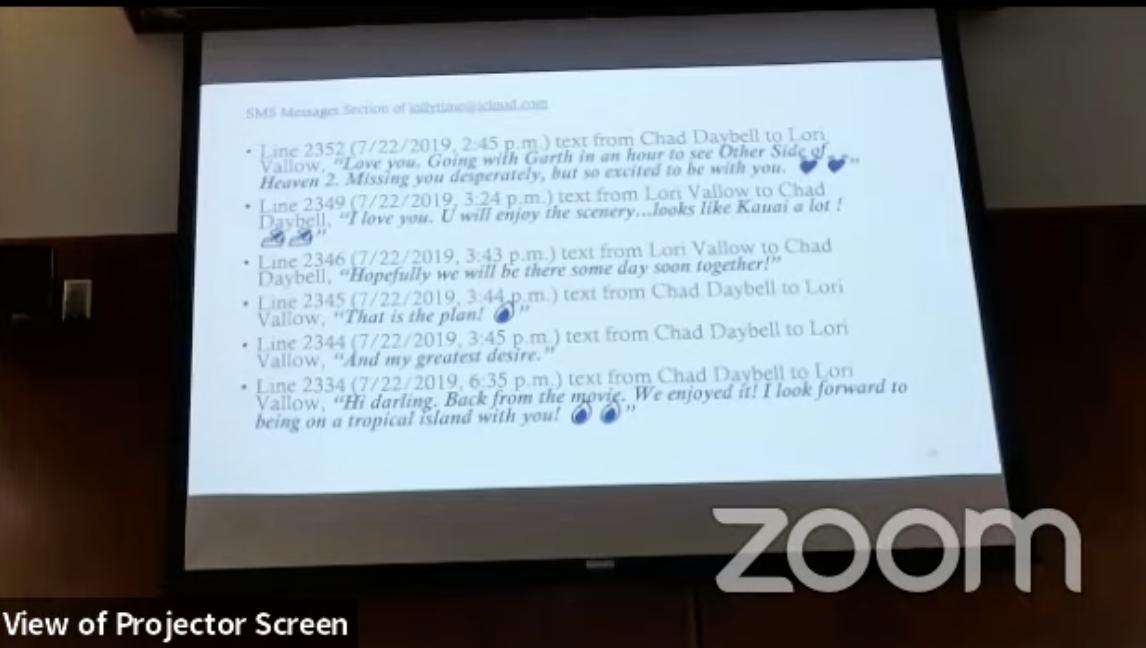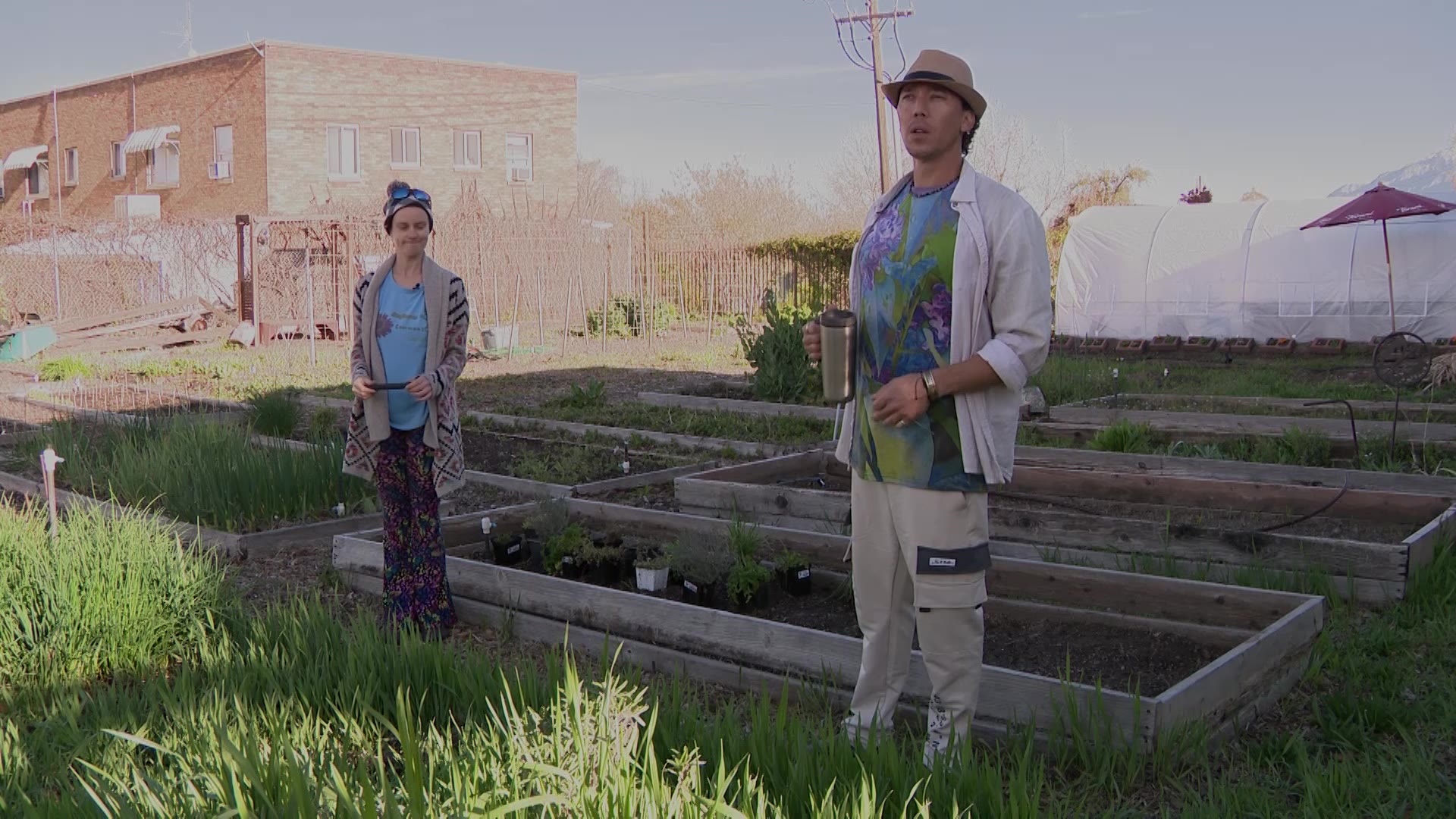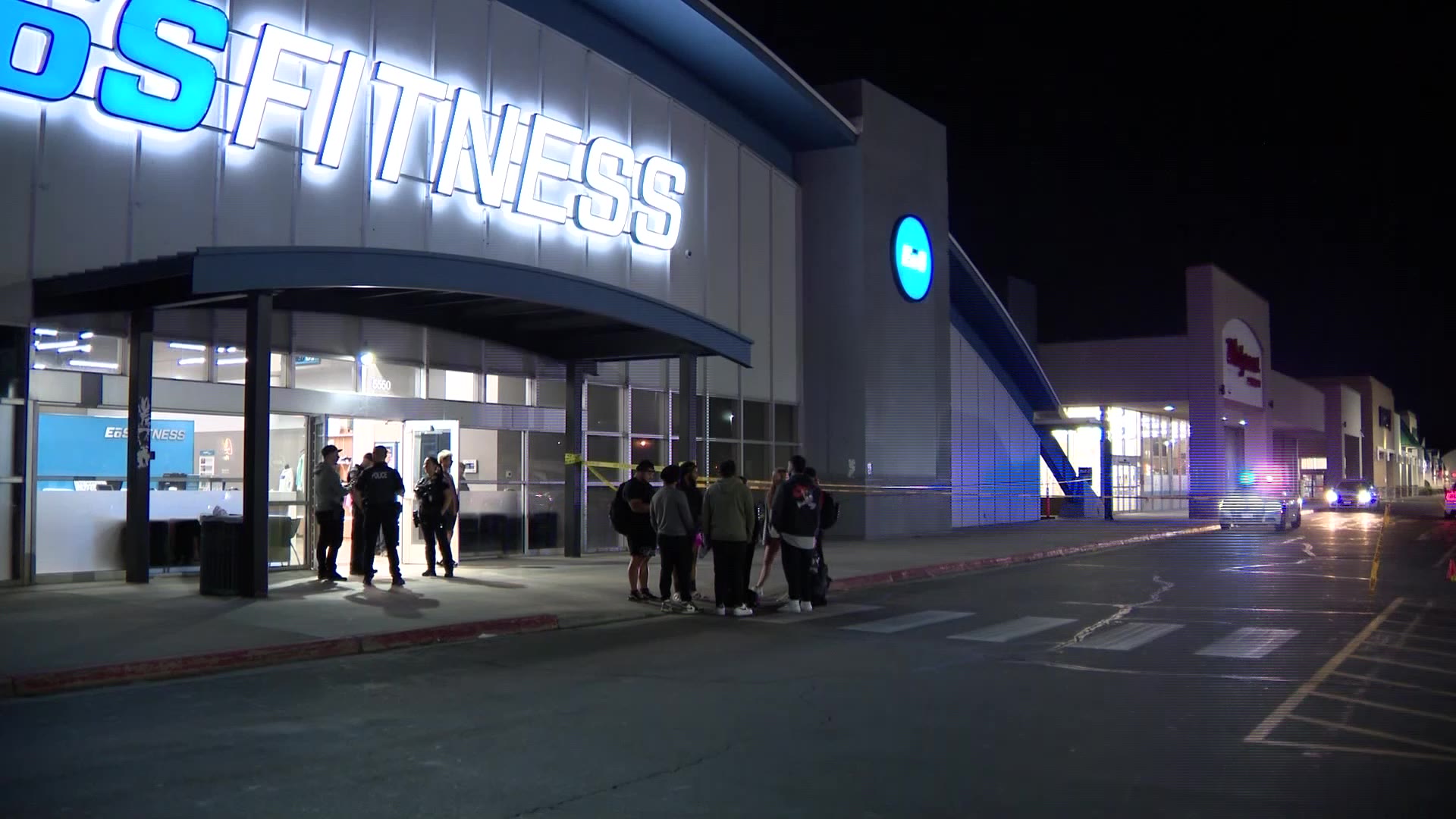Utah families feeling the pinch of baby formula shortage
May 9, 2022, 8:05 PM | Updated: Jun 10, 2022, 11:02 pm
SALT LAKE CITY — As the baby formula shortage worsens, many Utah families are spending their time going store to store, looking for the right formula, for their child only to be met with empty shelves.
“I have a 9-month-old son, and I am currently having the worst time finding formula for him,” said Silvie Hull of Murray. “He uses a certain kind and it’s been a hard time for all of us.”
Hull said switching formulas on her son has resulted in sleepless nights and a fussy baby because the new formula is upsetting his stomach, impacting everyone in her household.
“Its been such a stressful time,” she said. “I never thought it would come down to something like this, where parents have to really struggle with options for their babies to eat.”
According to recent data from Datasembly, a retail tracking group, 31% of baby formula is out of stock across the country, and up to 40% in some states.
Experts say the cause is due to inflation, supply shortages, and recalls from companies like Abbott Nutrition — the maker of Similac, Alimentum and EleCare powder infant formulas.
One resource available for Utahns faced with this formula shortage is the Women, Infants and Children Program, also known as WIC. Support services through WIC are provided to low and moderate income families.
“We have been hearing from WIC participants that it’s really difficult to find formula in the stores, and a lot of WIC participants are calling their clinics and state offices, trying to figure out if they can switch to something else,” said Miranda Reynolds, health program coordinator for WIC.
Reynolds said right now, she is spending most of her day working with families, trying to find the right formula for their child.
“They’re just frantically trying to find anything that works for their baby,” she said,
Reynolds said WIC is a good resource for those who are eligible to receive benefits. While WIC doesn’t have a supply of baby formula on hand, they do work with the manufacturers and vendors to track supply.
“We’re trying to provide as much formula as we can and working with store vendors, putting pressure on formula companies to get more product to us, but in the end, we have to refer them [families] back to their health care provider to see if there is any other alternative they can try in the meantime,” Reynolds said.
Reynolds encouraged Utahns who think they might be WIC eligible to contact their office or go to their website to see if they qualify. For those who are not WIC eligible, she suggests first reaching out to your child’s pediatrician, who may have samples of specialized formulas.
Reynolds also suggested contacting your local food bank to see if any formula has been donated.
Parents can also contact formula companies directly. Reynolds said formula manufacturers often have an emergency stock and can sometimes ship supply directly to customers in an emergency.
“We feel for all of these moms and families. It’s really difficult and we’re doing all we can do to help. We want to help,” Reynolds said.
Silvie Hull says she will be contacting the formula manufacturer who makes her son’s formula right away.
“I will be contacting the manufacturer of the formula to see if there is anything I can do to get some until this issue is resolved,” she said. “So many mommas are hurting. It’s a scary time for us with small babies who depend on formula.”













